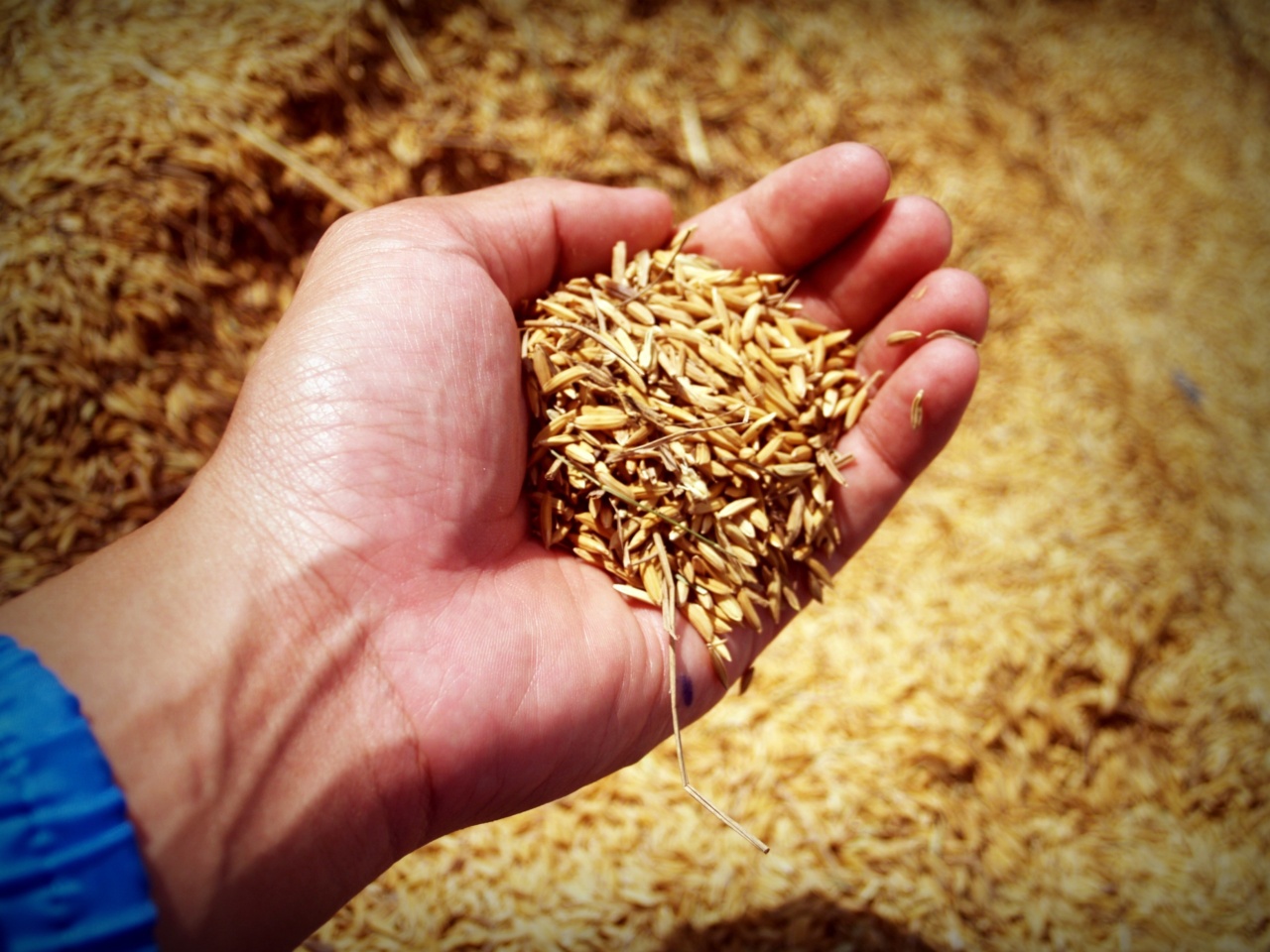Food intolerance and diarrhea are common problems that affect a significant number of individuals worldwide. Both conditions can significantly impact a person’s quality of life, leading to discomfort, inconvenience, and even social isolation.
It is crucial to understand the causes, symptoms, and potential treatment options for these conditions to effectively manage and improve one’s overall well-being.
Causes and Symptoms of Food Intolerance
Food intolerance occurs when the body has difficulty digesting or metabolizing certain foods. This can happen due to various reasons, such as a lack of specific enzymes needed for digestion or an abnormal response from the immune system.
The most common types of food intolerance include lactose, gluten, and fructose intolerance.
Lactose intolerance is a condition where individuals have trouble digesting lactose, a sugar found in dairy products. Symptoms may include bloating, stomach cramps, diarrhea, and gas.
Gluten intolerance, also known as celiac disease, is an autoimmune condition triggered by the consumption of gluten-containing foods. It can cause digestive symptoms, including diarrhea, as well as other issues like fatigue, joint pain, and skin rashes.
Fructose intolerance, also known as fructose malabsorption, occurs when the body has difficulty absorbing fructose properly. This can lead to symptoms such as bloating, abdominal pain, and diarrhea.
Other types of food intolerance, such as histamine intolerance, can also cause diarrhea and various gastrointestinal symptoms.
The Link Between Food Intolerance and Diarrhea
Diarrhea, characterized by loose, watery stools and increased frequency, can be a common symptom of food intolerance. When the body cannot properly digest or absorb certain food components, it can result in an imbalance in the gut, leading to diarrhea.
The presence of undigested or poorly absorbed food in the intestines can also attract water, contributing to the loose stool consistency.
Inflammation in the gut, triggered by the abnormal immune response to certain foods, can also lead to diarrhea.
In conditions like celiac disease, the immune system reacts to gluten, damaging the lining of the small intestine and affecting its ability to absorb nutrients properly. This inflammation can cause diarrhea along with other gastrointestinal symptoms.
Identifying and Managing Food Intolerance
To identify the specific foods causing intolerance, it is recommended to keep a food diary and track symptoms after eating certain foods. This can help identify patterns and potential triggers.
Elimination diets, where certain foods are temporarily removed from the diet and gradually reintroduced, can also be effective in pinpointing problem foods.
Managing food intolerance involves avoiding or minimizing the intake of trigger foods. Lactose intolerance can often be managed by consuming lactose-free dairy products or using lactase supplements that help digest lactose.
Gluten intolerance requires strict adherence to a gluten-free diet, avoiding foods containing wheat, barley, and rye. Similarly, individuals with fructose intolerance may benefit from reducing their intake of foods high in fructose or using medications that assist in fructose digestion.
For those with histamine intolerance, avoiding histamine-rich foods like aged cheese, fermented products, and certain types of fish can help alleviate symptoms.
It is important to consult with a healthcare professional or a registered dietitian to develop a personalized dietary plan that takes into account individual needs and nutritional requirements.
Other Causes of Diarrhea
While food intolerance is one common cause of diarrhea, there are several other factors that can contribute to this condition. Some other potential causes of diarrhea include:.
1. Food Poisoning
Consuming contaminated food or water can lead to food poisoning, resulting in diarrhea, vomiting, and stomach cramps. This condition is typically caused by bacteria, viruses, or parasites present in the contaminated food.
2. Irritable Bowel Syndrome (IBS)
IBS is a chronic disorder that affects the large intestine or colon. It can cause symptoms like abdominal pain, bloating, constipation, and diarrhea. Stress, certain foods, and hormonal changes are common triggers for IBS.
3. Inflammatory Bowel Disease (IBD)
IBD, including conditions like Crohn’s disease and ulcerative colitis, causes chronic inflammation in the digestive tract. Diarrhea is a common symptom of IBD, along with abdominal pain, weight loss, and fatigue.
4. Medications and Antibiotics
Certain medications and antibiotics can disrupt the balance of natural bacteria in the gut, leading to diarrhea as a side effect.
5. Stress and Anxiety
Emotional stress and anxiety can disrupt normal gut function, leading to changes in bowel movements, including diarrhea.
Managing Diarrhea
Regardless of the underlying cause, managing diarrhea involves certain general strategies that can provide relief and promote better bowel function:.
1. Fluid Replacement
Diarrhea can lead to fluid and electrolyte imbalances, so it is crucial to stay hydrated. Drinking plenty of water, clear fluids, and oral rehydration solutions can help replenish lost fluids and prevent dehydration.
2. Probiotics
Probiotics, also known as “good bacteria,” can help restore the natural balance of the gut microbiota. They can be taken in the form of supplements or consumed through fermented foods like yogurt, kefir, and sauerkraut.
3. Dietary Modifications
Avoiding foods that can irritate the digestive system, such as spicy or fatty foods, can help calm the gut and alleviate symptoms.
Consuming easily digestible foods like bananas, rice, applesauce, and toast (BRAT diet) may be beneficial for some individuals.
4. Medications
In certain cases, medications may be prescribed to manage diarrhea. These can include anti-diarrheal drugs to reduce bowel movements or antibiotics if a bacterial infection is the underlying cause.
When to Seek Medical Help
While most cases of food intolerance-related diarrhea resolve with dietary modifications, it is essential to consult a healthcare professional if the symptoms persist or worsen.
Additionally, medical attention should be sought if diarrhea is accompanied by severe abdominal pain, fever, blood in the stool, or dehydration.
Conclusion
Food intolerance and diarrhea can significantly impact an individual’s quality of life. Understanding the causes, symptoms, and appropriate management strategies is vital in tackling these conditions effectively.
By identifying trigger foods and making dietary adjustments, it is possible to alleviate symptoms and improve overall well-being. Seeking medical advice when necessary ensures proper diagnosis and appropriate treatment, facilitating a healthier and happier life.































